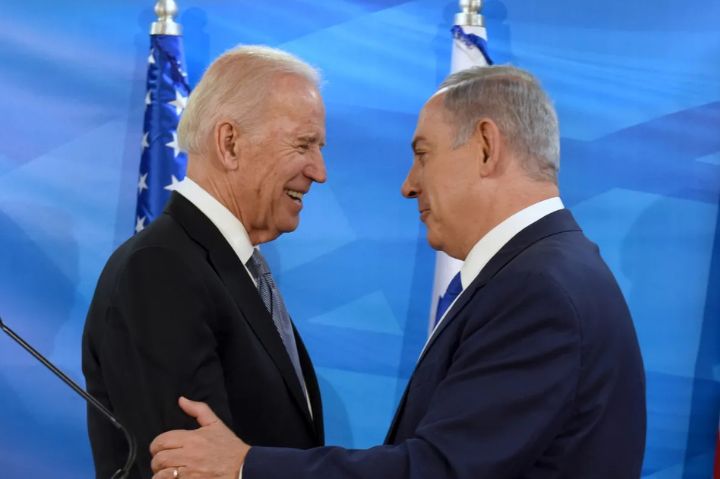As Israel’s U.S.-backed military operations against Hamas and Hezbollah intensify, Gulf states are reevaluating their traditional security alliances with the West. Israel is seizing this moment to cement strategic gains, expanding the conflict beyond Gaza to Lebanon, all while capitalizing on American support before the U.S. election. However, this aggressive push has forced Gulf nations to reassess their own positions, particularly as their relations with Iran remain tense. The conflict’s widening scope has raised fears of regional instability, with Gulf leaders recalculating their partnerships amidst the geopolitical turmoil.
Israel’s accelerated military campaigns, which target Hezbollah in Lebanon while reinforcing its buffer zones in Gaza, signal a bold attempt to reshape the region’s power dynamics. Gulf states, notably Saudi Arabia and the UAE, are now considering the implications of these actions, especially as Israeli operations draw closer to the Iranian sphere of influence. Although Gulf nations have historically been wary of Iran’s regional ambitions, the shifting geopolitical landscape is pushing them to reconsider both their security pacts with the West and their delicate relationship with Tehran.
For years, U.S.-led initiatives like the Abraham Accords had been successful in fostering military cooperation between Israel and several Gulf states, united by a common concern over Iran’s growing influence. However, Israel’s intensifying military actions, combined with U.S. backing, are adding new complexities to these alliances. Gulf states, already cautious about directly engaging in the conflict, now face the challenge of balancing their security needs with growing domestic unease over the violence in Gaza.
At the heart of these shifting dynamics is Iran. As Israel moves aggressively to counter Hezbollah and Hamas, Tehran’s role as a supporter of these groups has drawn scrutiny from both Western nations and Gulf allies. Israel’s recent military operations in Gaza and Lebanon, along with its vocal stance against Iran’s missile strikes, have only heightened the tension. This creates a precarious situation for Gulf states, who must navigate these rising hostilities without alienating either the West or Iran, both of whom hold significant sway in regional security.
Moreover, as the conflict widens, Israel’s actions have drawn criticism from several corners of the international community, further complicating Gulf alliances. U.S. President Joe Biden’s attempts to balance military support for Israel with calls for restraint have frustrated some in the Gulf, as leaders worry that the current path could lead to a wider war that threatens the entire region. Meanwhile, Netanyahu’s government, emboldened by U.S. backing, appears determined to press forward, reshaping the Middle East’s geopolitical landscape before the next U.S. president takes office.
In the coming months, the question remains: how will Gulf states adjust their strategies as the Israeli-Palestinian conflict deepens and U.S. foreign policy shifts? Gulf leaders will likely continue to reassess their alliances, weighing the risks of a direct confrontation with Iran against the need for regional security and stability. Israel’s push for greater dominance, backed by the U.S., is accelerating this reevaluation, leaving the region at a critical crossroads.












